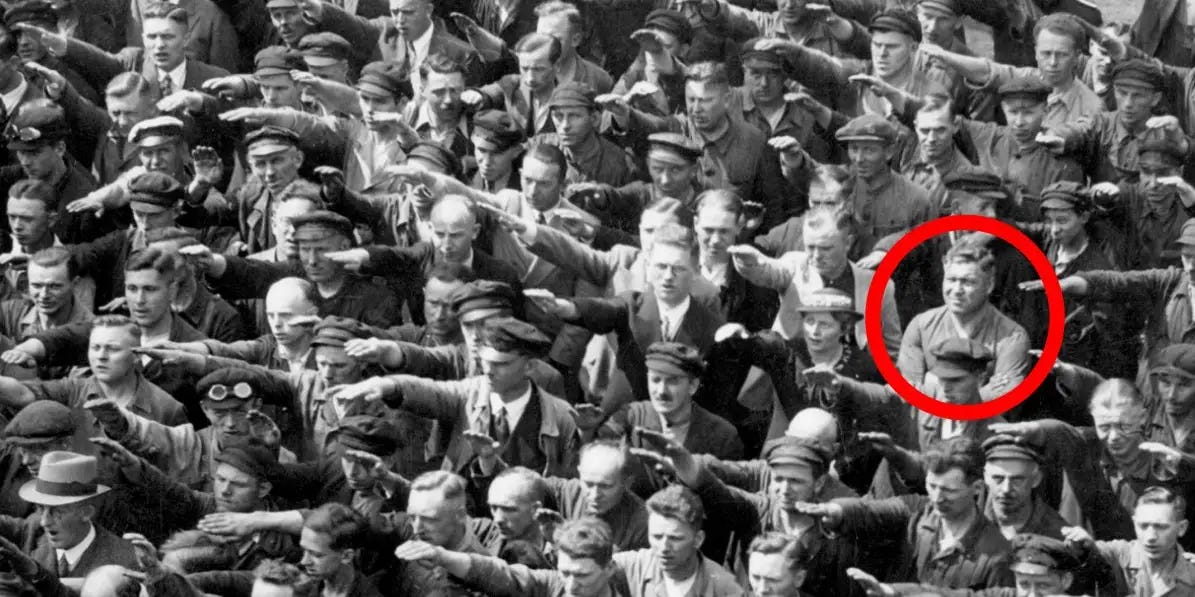amidwesterndoctor | One of the greatest challenges for individuals with advanced knowledge in a subject is the gradual realization of just how little they know (conversely, as shown by the Dunning–Kruger effect, the less individuals know, the more they overestimate their knowledge and competence). Being able to proceed forward despite not knowing if you were on the correct path requires a great deal of courage, especially when most of your peers oppose what you are doing. That said, virtually every person who has been highly successful and changed the world for the better had this type of courage.
In
some cases, we are just born with it, but in the majority cases, it
comes from living a life that cultivates courage. One of the most useful
words of wisdom I heard at a young age was “comfort makes you weak”
which is important because our technocratic society has tried to create
the illusion that if we always comply with it, it can guarantee our
safety and prevent all discomfort.
This is
fundamentally impossible (and often creates many medical issues), but
many traumatized and pampered members of society have become so
ingrained with this mythology they now lack the courage to venture
outside safe spaces created by the technocracy. Unfortunately, if you
lack the courage to oppose something you know is wrong, as history
repeatedly shows, that same evil will eventually show up at your
doorstep, and by the time it does it will have gained enough momentum
that you will no longer have the ability to oppose it.
The strength that produces courage ultimately arises from our connection to ourselves (particularly our physical body) and our connections to each other. Hence, like many things in medicine where you cannot reduce a problem to one single component, mass formation is also a complex process that weaves into so many other aspects of our society that it must also be dealt with holistically. Just remember:

Postscript: I have noticed that many groups will develop a
collective consciousness that often transcends the individual
participants (often leading them to rapidly adopt terrible behaviors
once they join the group holding that collective conscienceless) and can
often persist for generations. The best term I ever came across for
this, Egrigore, was something I came across on wikipedia.
I cannot fully endorse the idea because of where it originates from,
but over and over I have come across situations where it appears an
egrigore has taken over a group (particularly in Allopathic medicine,
which I believe carries fairly malignant Egrigores).
Reading
Desmet’s work has led me to suspect crowd psychology and the mass
formation concept provides another potential explanation for the
“Egrigore” concept I keep on running across. Put differently, this
means I believe in addition to Mass Formation applying to society as a
whole, it can also manifest within specific subgroups which have some
type of strong ritualistic link to each other especially when they also
have to suffer through a collective hardship.


0 comments:
Post a Comment